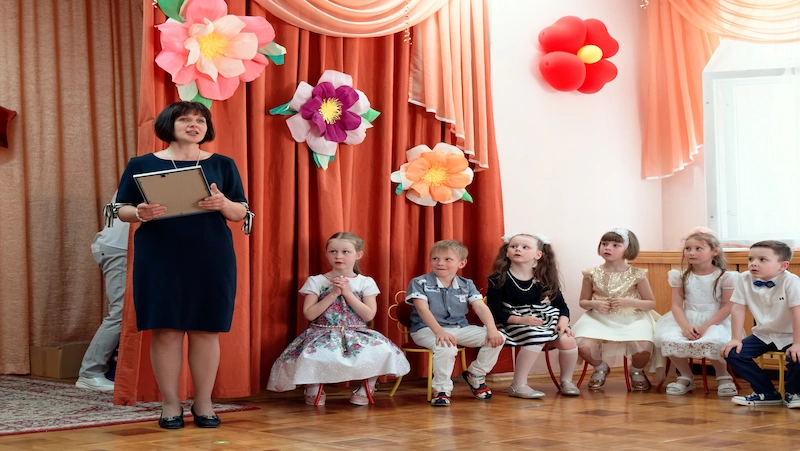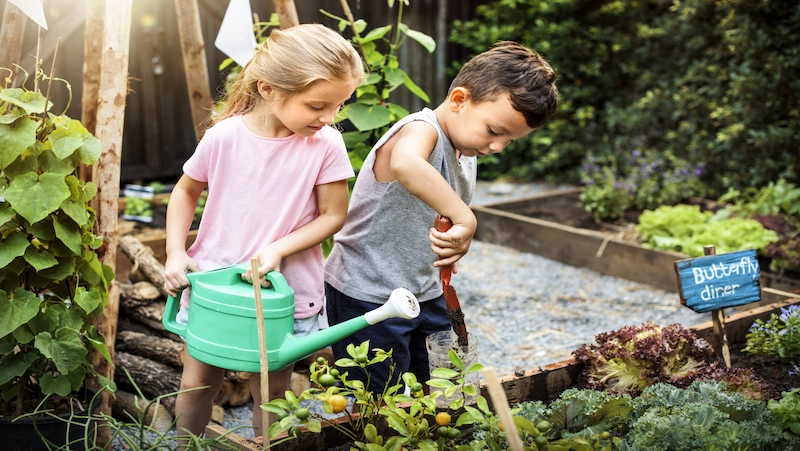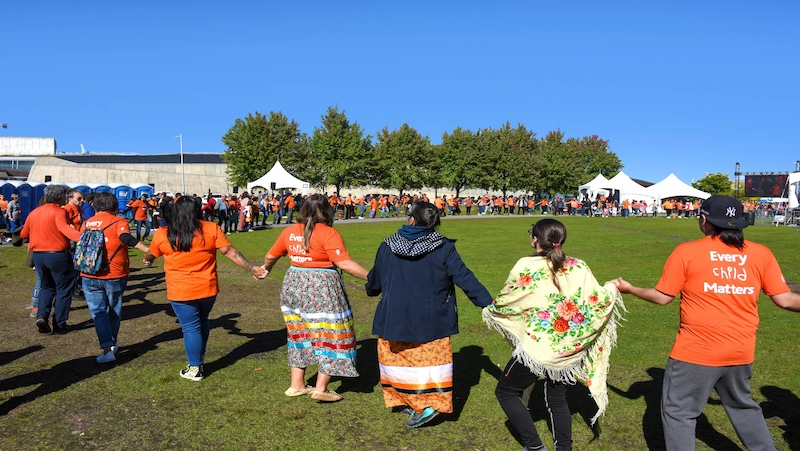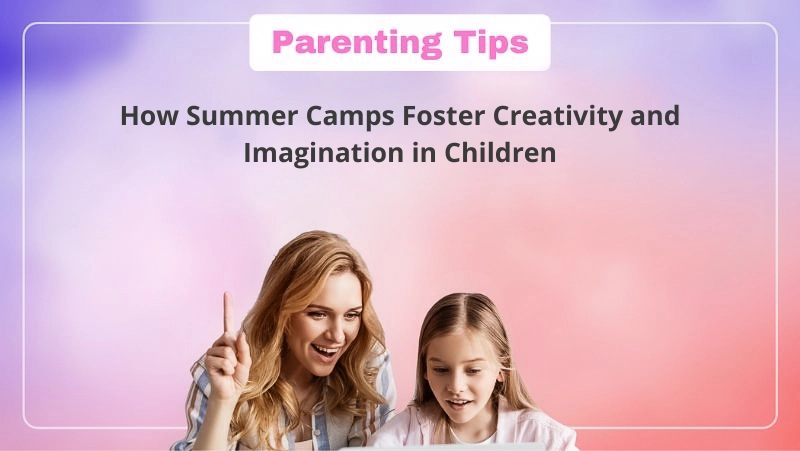Summer camps are a popular choice for parents who want to keep their children engaged and entertained during the long summer break. But did you know that summer camps can also play a crucial role in fostering creativity and imagination in children? By exposing children to a wide range of new experiences and challenges, summer camps can help children develop their creativity and imagination in ways that are often not possible in the classroom or at home.
In this blog, we will explore the many ways that summer camps can inspire and encourage children to think creatively and use their imaginations. Whether your child is interested in art, music, sports, or outdoor adventure, there is a summer camp out there that can help them grow and thrive. So, let’s dive in and discover how summer camps can shape the minds and imaginations of our children.
Table of contents
Why creativity and imagination are important for Kids
One of the most important skills for people to have is the ability to solve problems. People need to have a strong imagination, regardless of what field they are in, in order to come up with innovative solutions to problems and ideas that get results and change the world. In order to be able to create, they must be able to combine ideas, think creatively, brainstorm, consider risks and repercussions, and more. They achieve this during their childhood. So focusing on increasing your child’s imagination and creativity is important.
Summer camps have great lasting benefits on your kids’ growth and the summer camp activities play a vital role in nourishing your kid’s creativity and imagination. Let’s look at some of these activities here:
1. Encourages interpersonal communication and mental growth
Your child’s social and emotional growth is facilitated when he/she puts herself in other people’s shoes. he/she gains confidence in herself and learns to be more helpful and sympathetic toward others. Encouraging your child to imagine and explore, pretend play, and crafts also help your child test her limits.
2. Aids creative and cognitive development
Creative children lay the groundwork for the life skills they will later gain. Reading, for example, can help your child picture what’s going on in the story, give the characters names, and even continue the story in his mind. Strengthening their memory promotes children’s creative learning and cognitive development. It also helps them process circumstances more creatively by viewing them as the plot of a tale.
3. Develops communication skills
Children can act out scenarios from books, movies, or even their interactions with peers during imaginative or creative play. As they try out languages and talk with their classmates, they improve their ability to communicate. As they try to listen, learn, adjust, and imagine, it also helps them improve their listening skills.
3. Develops critical thinking skills
Children imagine a universe without physical boundaries while they play. They develop visual images that allow them to investigate concepts freely. This encourages critical thinking in young children and helps them develop problem-solving skills, enabling them to think of fresh ideas and answers.
Summer camps & activities that foster creativity and imagination
Creativity is not limited to the arts and amusement. Creative thinkers are more successful in all spheres of life, including business, athletics, and academia. Below are some of the activities that enhance creativity and imagination in your kids while keeping them busy during summer camps.
1. Building pillow forts

All groups love to build forts! Bring out your additional blankets, pillows, and chairs. With your children, decide where and how to build the fort, as well as its goal. Encourage them to use their creativity and critical thinking abilities. Will it be a unique place to read books or enjoy board games? home for tea parties? a fortification or a castle? The choices and enjoyment are limitless!
2. Baking camps

Making treats for the whole family while teaching children to bake is a wonderful lesson. Allow your children’s creativity to create something they want. Find a recipe or create something unique by working together. The children will be so busy that they won’t even know they are honing their arithmetic and science abilities. Yum!
3. Drama and music camps

Whether or not the summer camps are art camps, they are renowned for their skit nights and other performances. The wonderful thing about a regular summer camp performance is that the emphasis is always on having fun, and there is less pressure than there would be in a formal recital or school play. Everyone has a role to play in the music and drama activities at camp because participation from everyone is typically required. Each member gains teamwork skills and is urged to find quick solutions to issues. Of course, the reward is an enjoyable and memorable experience. Also, do read about Why Drama Classes Are Beneficial for Kids.
4. Gardening

When young campers do things like gardening, they can let their imaginations run wild. Even though they don’t yet need to understand the intricate details of how a seed grows, they can definitely observe the effects for themselves. Young children learn through play, and getting their hands dirty is one of the most enjoyable activities for them, particularly when they can watch the results of their labor over time. Even though not as many families have the time or room for gardening at home, studies have shown that it can boost kids’ self-esteem and lower stress levels.
5. Read and share stories

Reading is one of the best methods to develop imagination from a young age, and this is no secret. It helps kids broaden their information, learn new things, and cultivate an open mind. Reading to your child frequently fosters imagination because it enables them to visualize the particular scenes being described in their minds. It can be beneficial to create your own stories with your kids in addition to reading them stories from books. This could take the form of discussing various scenarios or changing a story’s ending. There are no right or wrong answers, and imagination can take you almost anywhere, so show them how to make things up as you go along. If you are eager to learn more about how reading and sharing stories help cultivate creativity in your kids, check out How Reading Stimulates a Child’s Imagination.
6. Unstructured play

Kids can use their imaginations, learn new things, and find out about things without being limited by rules. When we step in to correct or watch what children are doing, it may make them feel bad. Unstructured play is a set of activities that children dream up on their own without adult intervention. Even though the goal is to assist them, it is sometimes preferable to let kids resolve issues independently. Children learn to be creative when there are no rules because they must come up with answers independently. When kids play without a plan, they can go on an adventure of exploration and fun, even if the results are messy.
If you would like to read about more thrilling summer camp activities that can indulge your kids in a roller coaster of fun and learning combined, check out 15 Must-Try Summer Camp Activities for Kids.
How camp counselors encourage imagination and creativity in kids
Camp staff and counselors play a critical role in fostering creativity and imagination in children. These trained professionals are often selected for their ability to inspire and engage children in exciting new experiences.
One way that camp staff encourages creativity and imagination is by creating a supportive and non-judgmental environment where children feel free to express themselves without fear of criticism. Counselors may also use games and activities that challenge children to think creatively and come up with unique solutions to problems.

Additionally, camp staff often provide children with opportunities to explore new interests and hobbies. For example, a child who has never tried painting before may discover a passion for it after attending a summer art camp. Counselors may also expose children to new cultures, music, and art forms, which can broaden their horizons and inspire them to think in new and exciting ways.
Finally, camp staff and counselors often lead by example, modeling creativity and imagination in their own behavior and attitudes. By encouraging children to think outside the box and take risks, they can help to instill a lifelong love of learning and exploration in children.
Conclusion
In conclusion, summer camps can be an excellent way for children to explore and develop their creativity and imagination. Through a variety of activities and experiences, such as art projects, storytelling, and outdoor adventures, children can learn to think outside the box and express themselves in new and exciting ways. By sending your child to summer camp, you are giving them the opportunity to grow and thrive in a supportive and stimulating environment. So why not consider signing up your child for a summer camp today and watch them unleash their creativity and imagination?
Browse the most recent entertaining and educational blogs on the BrightCHAMPS blog page to find out more about summer camps and their advantages.
Frequently Asked Questions (FAQs)
Teachers can learn more about a child’s thoughts and feelings by observing the child’s artistic endeavors. Creativity helps children’s mental growth by giving them a chance to try out new ideas, ways of thinking, and ways to solve problems.
Summer camps are a great way to foster creativity. There is so many options available for the patient to choose from. The camp that interests you and your child the most can lead to increased creativity and imagination.


 We are an army of educators and passionate learners from BrightChamps family, committed to providing free learning resources to kids, parents & students.
We are an army of educators and passionate learners from BrightChamps family, committed to providing free learning resources to kids, parents & students.





